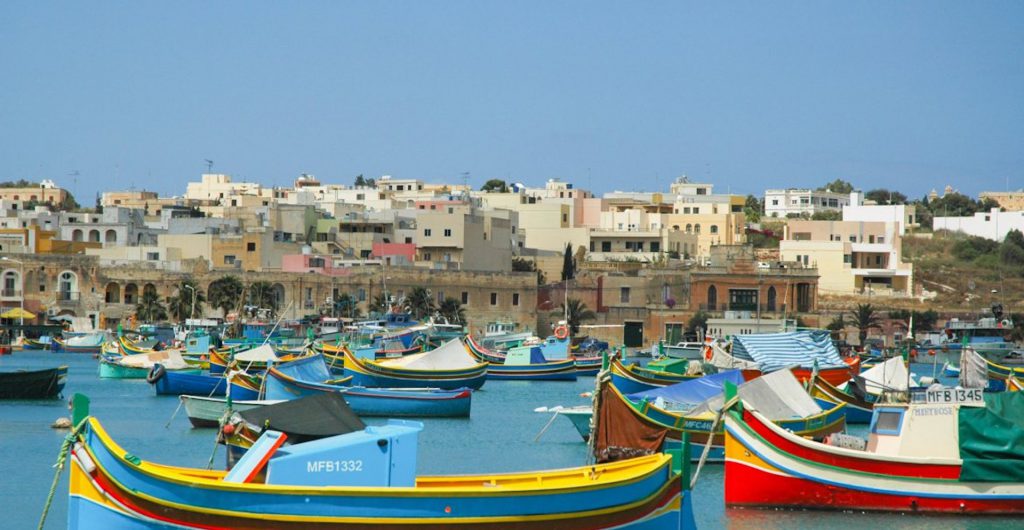Education of Maltese inhabitants is central to the new sustainable development program
If Gozo, secondary island of Maltese archipelago, is part of an ambitious program of sustainable development, one can not say the same about environmental protection on its older sister, Malta. Starting with the waste that invade the island despite a free garbage collection, both for household waste and rubbish to sort. The new recycling campaigns soon will aim organic waste. But there is a whole education to do.
Since joining the EU in 2004, Malta is developing a targeted policy program 2015-2020, with the aim of highlighting the positive and attractive aspects of the country for visitors but also for locals. This tourist policy that bets on sustainable development is launched this year.
Waste management, pollution and treatment of water remain priorities
Efforts will focus mainly on the management of pollution – Malta lists averaged 320,000 cars for only 420,000 inhabitants! – and on the water treatment. Today, 50% of the water derived from desalination plants. According to the Ministry of Tourism, the water policy’s main objectives& are concerned with preventing the deterioration of groundwater, protection, enhancement and restoration of all bodies of groundwater, the limitation of pollutants in water. Standards and objectives to safeguard protected areas are ongoing.
Regarding biodiversity, Malta has designed several safety devices, particularly with the site planning, the designation of Special Areas of Conservation and Natura 2000 sites. The island counts already Ghadira Nature Reserve, Sanctuary of birds located around old salt that extends over 6 hectares and is home to over two hundred species of birds, as well as flora consists of species that adapt to water and salty soil. However, the country is a victim of destructive hunting and poaching and once again the education of its people remains a priority.
Gozo’s green model
In comparison, the island of Gozo is regarded as a good student. The sister island succeeded in developing a sustainable tourism industry and educates the community to reduce the carbon footprint, encouraging waste management practices but also the strict control of water and energy. Ten rainwater harvesting systems, a water reuse system in the football stadium and an application of stormwater management in the Ramla Valley were established without forgetting the photovoltaic panels installed on the roof of the Ministry Gozo which generate almost 60% of energy for the building and more than 40,000 units of electricity for the rest of the island.




